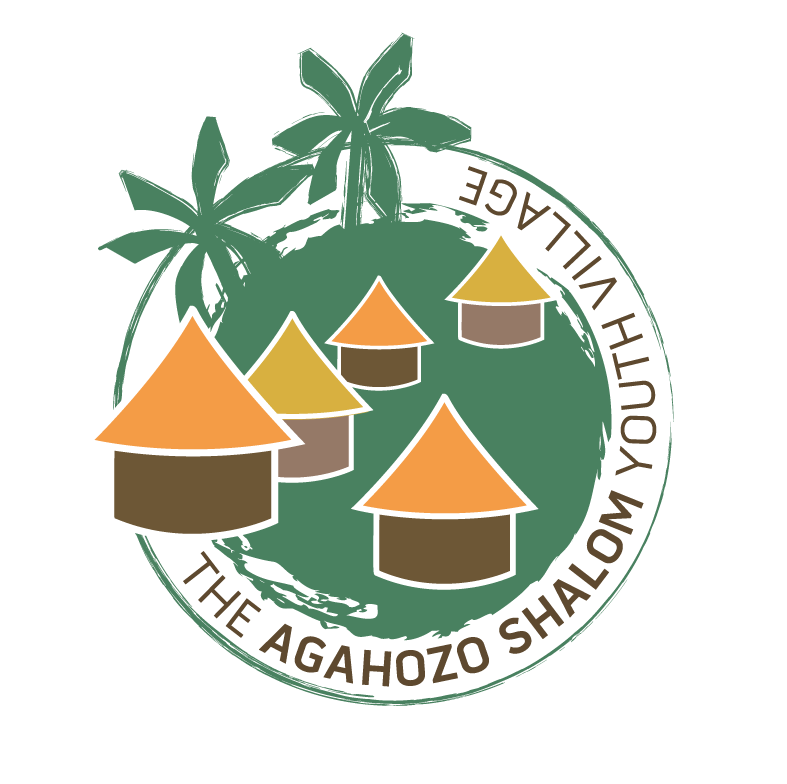Honoring the 30th Commemoration of the 1994 Genocide Against the Tutsi
This April marks the start of the 30th commemoration of the 1994 Genocide Against the Tutsi in Rwanda. Throughout all 100 days of commemoration, we honor the memory of the more than one million Rwandans whose lives were brutally extinguished, and we recommit to always uniting against hate. Below, members of our Agahozo-Shalom Youth Village (ASYV) community reflect on Kwibuka 30. You can hear more of their reflections in this powerful video made by our alumni and Village staff.
“Everything was taken away by the genocide, including my relatives. So I found myself being in isolation. My mom was affected by the genocide because she was beaten up by the militia. I kept on asking her, ‘Where is my dad? You keep on talking about siblings—that I had siblings, but where are they?’ By commemorating, for us, we do not forget. We always remember our beloved ones. They are always in our heart."
– Kevin Mugina, ASYV Class of 2012, ASYV Teacher
“Me connecting with others was really down. Because I was like, okay, we don’t have family, so why would I connect with someone with a family? Mentally it was really bad. What I’m doing now to preserve [their] memory is, we don’t have a lot of people in the family, so we are trying to have this memory of gathering as a family, as survivors, so our family does not disappear from this world.”
– Diane Uwimana, ASYV Class of 2015, ASYV Administrator
“Our family was once vibrant, filled with joyful children who I cared for deeply. The devastation of losing them, to me, was a heavy burden to bear. I heard about [ASYV]. I found it a sanctuary for many children who survived the Genocide Against the Tutsi. I felt compelled to care for these children, to offer what support and love I could.”
– Egidia Nyirabahinzi, ASYV Family Mama
“Commemoration is the time for people my age to know the real history so we are never, never part of genocide. I attended events in Kigali and my home village. And I talked to my own family. I learned from ASYV that the best way of healing is sharing, but you have to be very sensitive. It is very difficult for many people who experienced the genocide against the Tutsi, like my mother, to release all that sadness.”
– King Lore, current fourth-year student
Kevin, Diane, and Mama Egidia reflect on Kwibuka 30 and finding a home at ASYV.




